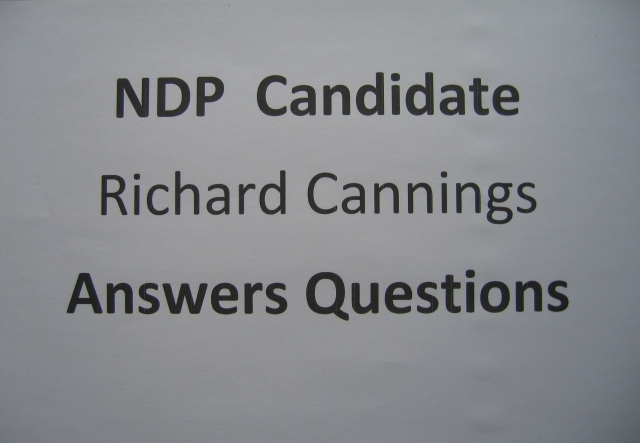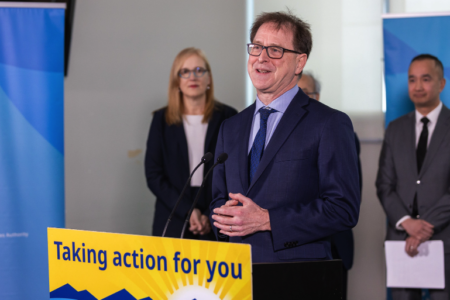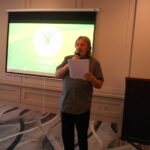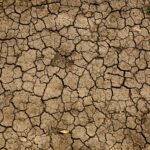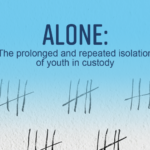The First Set of Questions for our Candidates: Cannings Answers
There will be three sets of questions. The second set of Q&A will be published next week (if answers have arrived!) Each candidate’s answers are published as a separate article. Please read and compare. These answers have not been edited.
Section I: Introduction
Q 1: What is your educational background?
Cannings: I have a Masters degree in Biology.
Q 2: What experience do you have that will help you to understand the issues and contribute usefully to discussion in Parliament?
Cannings: First, I have a deep history in the riding, having been born and raised in Penticton. My parents were also born in the south Okanagan, and my in-laws were born and raised in the Grand Forks area. My wife and I have our own consulting company, and much of our work has been here in the southern Interior. For several years I worked as the chair of the South Okanagan Ecosystem Recovery Team, an organization that morphed into an agency with over 30 partner groups that coordinates conservation efforts in the area. I have always been active in my community. In 1998 I helped found the Okanagan Similkameen Conservation Alliance and its premiere event, the Meadowlark Nature Festival, which I’m happy to say is still one of the most successful festivals in BC.
I also know BC—I’ve written over a dozen books about this province. In 1997 I was appointed to the BC Environmental Appeal Board and later to the Forest Appeals Commission. In that capacity, I heard the testimony of many ordinary citizens around BC who felt that they had been wronged by government bureaucracy. That work taught me how the actions of government can directly affect the lives of people, it taught me to listen well, and it taught me how to write fair decisions.
And I work across the country. I sit on the board of the Nature Conservancy of Canada, the largest conservation organization in the country. For 8 years I was one of the co-chairs of the Committee on the Status of Endangered Species in Canada, and I got to know Ottawa fairly well during that time.
Q 3. Do you think it is possible for Parliament to function in a respectful fashion, to discuss issues without resorting to the personal and partisan attacks that seem to be a common feature? What are your views on how discussion should be conducted and for what primary purpose?
Cannings: I think there are many ways to improve how Parliament works, although it might be difficult to take all the partisan aspects out of debate. But we have models we could emulate (e.g. the British parliament) where MPs are asked to actually answer questions in Question Period, where personal attacks are limited, and committees truly listen to expert testimony and often accept opposition amendments to legislation.
Q 4. What role do you think science and scientific evidence should serve in government decisions on policy and legislation? Please explain your reasoning.
Cannings: As a scientist, I feel that science and fact-based evidence should provide the foundation for government decisions at all levels. Governments will still have to make difficult policy decisions, weighing the uncertainties, risks, costs and benefits of their proposed policies, but the scientific facts should be accepted before debate begins. The NDP proposes to create a Parliamentary Science Officer position, which would assess the state of scientific evidence relevant to any proposal or bill before Parliament, answer requests from committees and individual members for unbiased scientific information; conduct independent analysis of federal science and technology policy; raise awareness of scientific issues across government and among Canadians; and encourage coordination between departments and agencies conducting scientific research.
Q 5. Should Canadians have access to the findings of government funded research on such matters of public interest as — to give just one example of many — water quality in Canadian lakes, watercourses, and groundwater?
Cannings: The results of government-funded research should be accessible to the public, and government researchers should be free to discuss their research at scientific meetings and public forums. I have been in the position of having to speak for my federal science colleagues during media interviews because they have been ordered to not answer questions about their own work—this is unacceptable.


